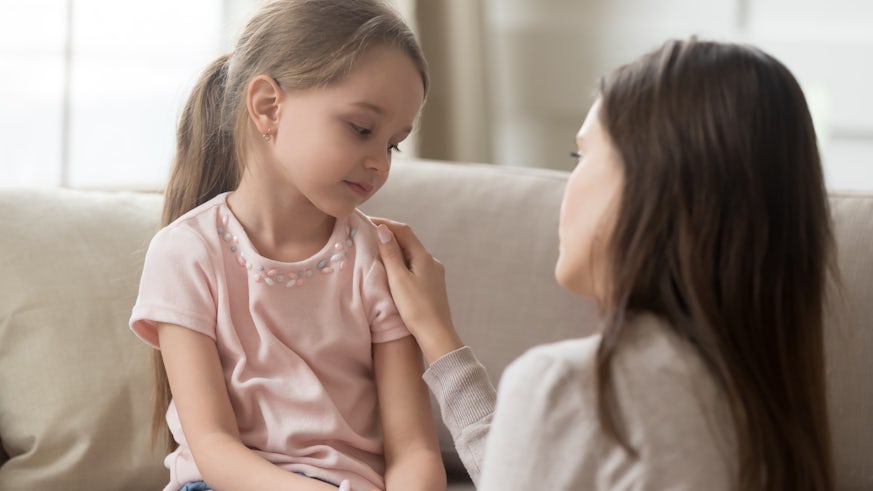Children living with someone who has mental health issues two-thirds more likely to experience similar difficulties
18 August 2021

The risk of children developing mental ill-health increases significantly when they have lived with someone who also has a common mental health disorder, research has found.
The study, from Cardiff University, showed children who had grown up living with someone with mental health difficulties were 63% more likely to experience any mental health issue, which includes but is not limited to anxiety, depression, anti-social behaviour and personality disorders.
Researchers drew upon anonymised hospital admission and GP records which tracked 190,000 children living in Wales from birth up to age 15. It recorded mental health symptoms, diagnoses and treatments, and analysed mental health issues and developmental disorders such as learning disabilities or attention deficit.
Lead author Dr Emily Lowthian who conducted the research at Cardiff University’s Centre for Development, Evaluation, Complexity and Implementation in Public Health Improvement (DECIPHer), said: “Our findings demonstrate that even before the pandemic hit, mental ill-health and a wide array of associated symptoms were common experiences for many children and young people...”
“Over the last 18 months of the pandemic in particular, so many people will have had difficulties caused by isolation, changes to their work-life, and lots of other factors too. Children and young people who have missed out on school and other important experiences will be among those who have found it most difficult.”
Dr Lowthian, now a Research Officer and Data Scientist at Swansea University Medical School added: “We know that childhood mental health issues transgress into adulthood, so it’s vital that effective interventions are in place to support young people at this formative time in their lives. We’d like to see policy makers use COVID-19 as a catalyst to respond to our findings and implement support strategies for children and families in Wales.”
The study, which draws on 14 years’ worth of data between 1998 and 2012, also established links between household members who had mental ill health and other conditions in children such as personality or eating disorders.
They found that mental ill health among household members was related to a 42% increase in developmental disorders, which includes learning disabilities or attention-deficit disorders.
Alongside mental health, children who experienced victimisation such as maltreatment or assault were 90% more likely to suffer childhood mental health issues and were 65% more likely to have developmental disorders, the study reveals.
Co-author Dr Rebecca Anthony, Research Associate at DECIPHer, added: “The links between victimisation and childhood mental health are perhaps more understandable given the trauma associated with these experiences. And, while we did not find any evidence to suggest that experiences are worse in deprived settings, more research in this area is needed...”

“In the meantime, support to access good health care and opportunities to address mental health needs can only be a good thing. This might include community initiatives to build resilience, as well as school-based or family-based programmes.”
The paper, Adverse childhood experiences and child mental health: an electronic birth cohort study, is published in BMC Medicine.
The study was a collaboration between researchers at DECIPHer, Cardiff University’s School of Medicine, The Wolfson’s Centre for Young People’s Mental Health at Cardiff University, Swansea University Medical School and Bangor University.


